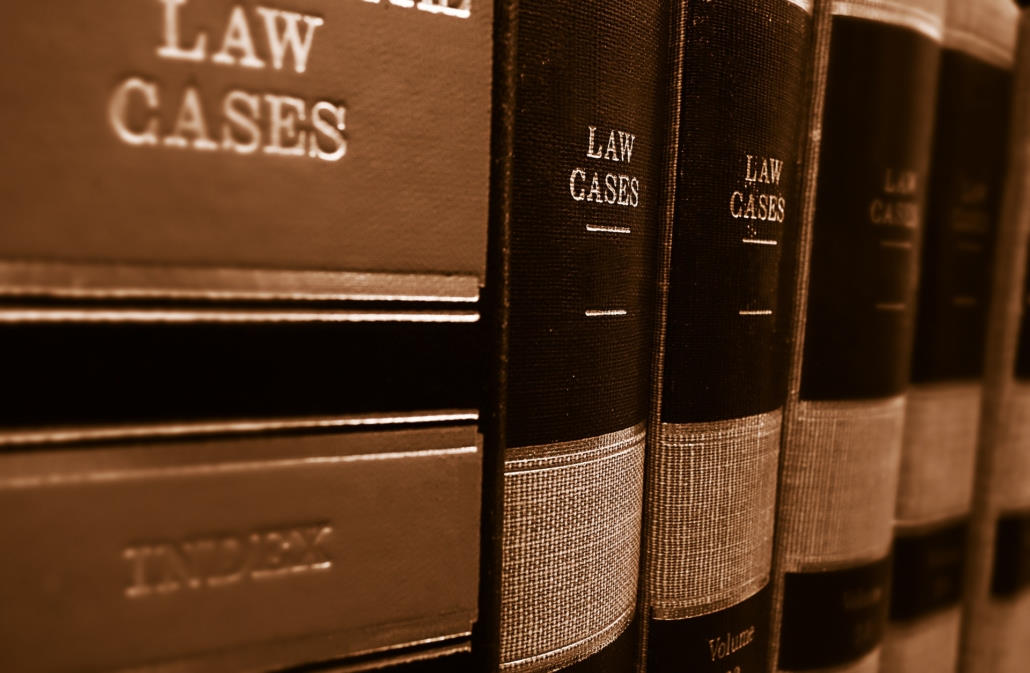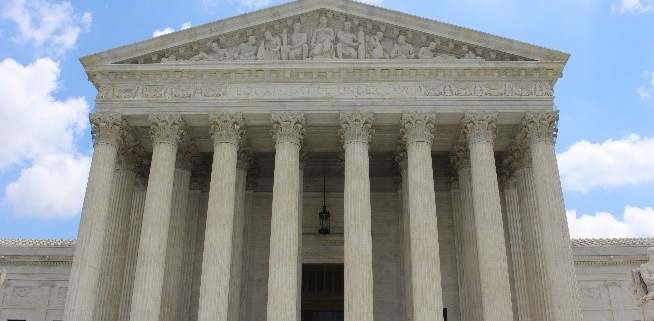How Do I Know If I Have An Insurable Interest?
How do I know if I have an insurable interest?
This was a question that the lawyers at Hutchison Oss-Cech Marlatt recently argued on behalf of an insurance policy beneficiary. The insurance company denied the holder of the policy a fire insurance claim because – the insurance company said – there was no insurable interest. Hutchison Oss-Cech Marlatt disagreed. Ultimately, the defendant brought an application to dismiss the claim, but the court sided with us on the coverage of the insurance holder in Angleland Holdings Inc. v Lloyd’s Underwriters, 2021 BCSC 2019.
What is an insurable interest?
The factor that distinguishes an insurance policy from a bet at a Casino or wager is that a person has some relation to or concern in the subject of insurance (see Kosmopoulous v Constitution Insurance Co., [1987] 1 SCR 2). For example, a person cannot take out an insurance policy on their neighbour’s home in case of fire or earthquake damage because they have no relation to or concern in the subject. However, if that person had an accepted offer to purchase that same property then they could purchase an insurance policy on that home.
Background
In this case, the property was in foreclosure proceedings and there was an order approving the sale of the property. However, the conditions precedent for the sale remained and the plaintiff still owned the property. Between the time of the order for sale and the time that the conditions were removed resulting in the transfer of the property, the plaintiff suffered significant fire damage on a building that was insured. The insurance company argued that – because of the foreclosure proceedings – the insurance policy does not cover the fire damage to the building.

Legal Analysis
In this case, Thompson J. gave a succinct but clear decision in favour of the plaintiff:
[8] The leading case on what constitutes an “insurable interest” is Kosmopoulos v. Constitution Insurance Co., 1987 CanLII 75 (SCC), [1987] 1 S.C.R. 2, adopting the “factual expectancy test” from the judgment of Lawrence J. in Lucena v. Craufurd (1806), 127 E.R. 630 (H.L.). The insured must demonstrate “some relation to, or concern in” the subject of the insurance, and benefit from the subject matter remaining intact or be prejudiced by its damage.
[9] The plaintiff must have an insurable interest at the date of acquisition of the policy and at the time of the loss: Caldwell v. Stadacona Fire & Life Insurance Co. (1883), 1883 CanLII 42 (SCC), 11 S.C.R. 212 at 226; Daishowa-Marubeni International Ltd. v. Toshiba International Corporation, 2003 ABCA 257 at para. 54, leave to appeal ref’d [2003] S.C.C.A. No. 512; Walton v. General Accident Assurance Co. of Canada, 2000 SKCA 125 [Walton] at para. 7. The defendant relies on Walton; in that case, the chambers judge had ordered the mortgagor’s interest in the property under foreclosure extinguished (without condition or qualification), and title and possession to be transferred. The loss occurred after title had transferred but before possession had been delivered up. Vancise J.A. stated the issue thus:
[14] The case law is clear, however, that an insurable interest continues to exist after foreclosure proceedings have been commenced because the mortgagor is still the owner of the property and in possession of it. See: Fordorchuk v. Car & General Insurance Corp., 1931 CanLII 313 (AB QB), [1931] 3 D.L.R. 387, and Chenier et al. v. Madill (1973), 2 O.R. (2d) 362 (Ont. H.C.). Those cases also make it clear that where the insured retains the title even after an order for foreclosure has been made — bare legal title and possession can found an insurable interest. What is not so clear is whether the final order for foreclosure, transfer of title and an order requiring the mortgagor to deliver up possession extinguishes the insurable interest.
[Citations inserted from footnotes.]
[10] The Saskatchewan Court of Appeal held that possession in the absence of any legal or equitable interest in the property did not support an insurable interest (paras. 20-21). The defendant in the case at bar acknowledges the distinction that at the date of loss the plaintiff continued to hold title, but argues that the obligation to indemnify only arises if the plaintiff would benefit from the continued existence of the subject of the insurance. The defendant submits that the evidence does not support the conclusion that the plaintiff had a reasonable prospect of benefiting from the continued existence of the property; it argues that events soon bore this out when the Court of Appeal dismissed the appeal in June 2013 and the property transferred soon after.
[11] However, it is the expectation of the plaintiff at the time of loss that matters — a hindsight analysis is not appropriate. The plaintiff was the registered owner of the property at the material time, and, unlike in Walton, the plaintiff’s interest in the property had not been extinguished. The sale-approval order required the prospective purchaser to present certain documents to the land title office to effect the transfer and this had not been done, and, in any event, the Court of Appeal had stayed the order. With a viable appeal on foot, the plaintiff had a clear interest in the property remaining undamaged. If more than an ownership interest is required to establish this clear interest, the building had been recently used and the plaintiff had plans for its continued use.
[12] I find the plaintiff has established, as at the date of loss, some relation to or concern in the property which is the subject of the insurance. And, I find that the plaintiff has established, as at the date of loss, that it stood to see a benefit from the property remaining intact or stood to be prejudiced by its damage. It follows that the plaintiff had an insurable interest. For clarity, the determination of this issue does not decide the extent, if any, of the plaintiff’s entitlement to recovery under the policy.
As a result, the plaintiff can continue to claim the lost value of the building because of their insurable interest in the property at the time of the fire loss.
Key Points
-
- A beneficiary under an insurance policy needs to have an insurable interest at the time the policy was taken out and at the time of the loss.
- An insurable interest is some concern or relation to the subject matter of the property. In the above case, it was a property interest but there are other types of interests, such as life or disability.
- The time of loss is the important consideration, and an insurance company should not deny a beneficiary under a policy even if they lost their insurable interest later.
Has your insurance company denied a claim? Give us a call because we know insurance law!



